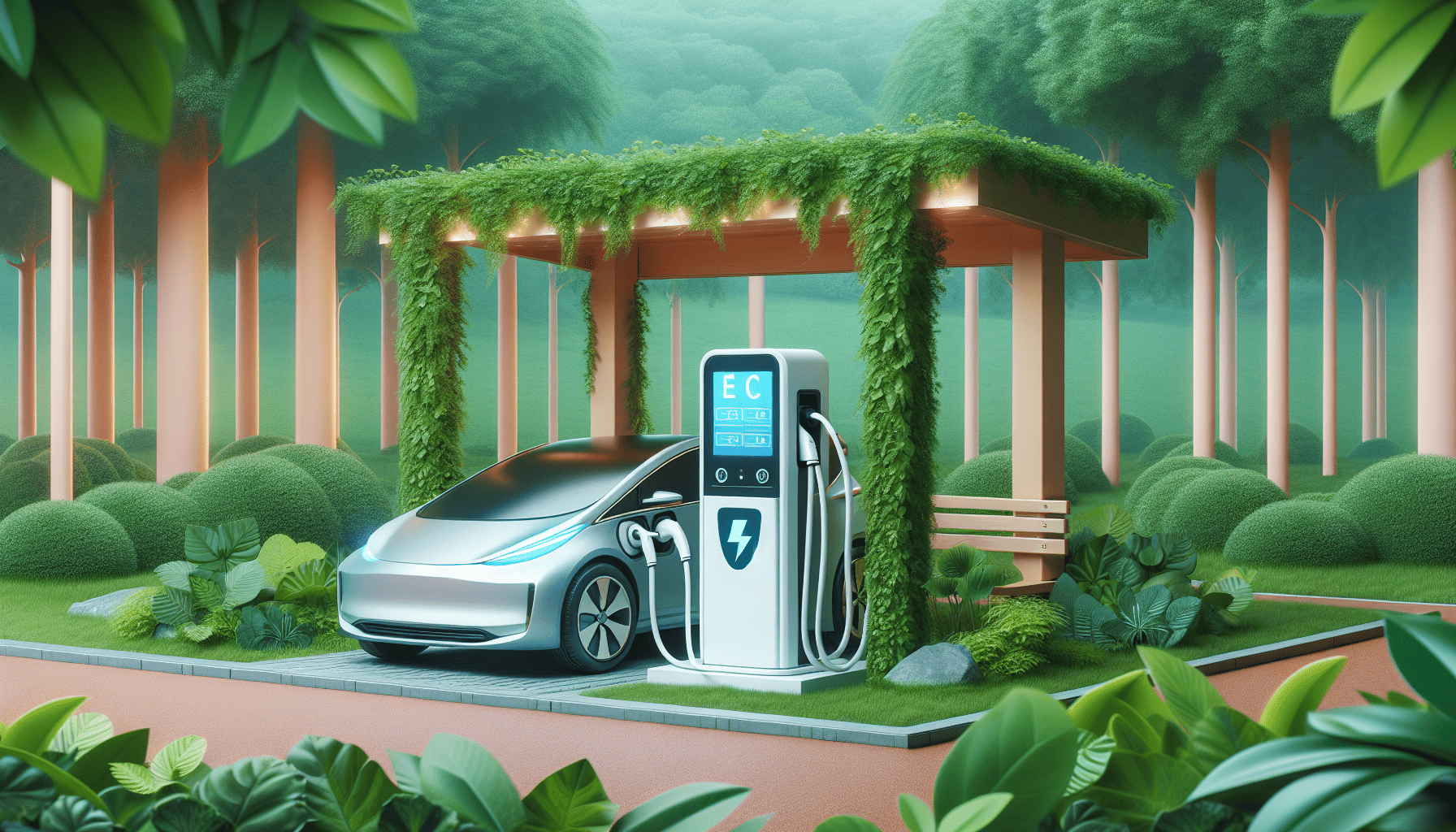As the world grapples with the impacts of climate change and environmental degradation, the call for sustainable practices becomes ever more pressing. Travel, a significant part of human activity, has a substantial environmental footprint. The tourism industry accounts for about 8% of global greenhouse gas emissions, a significant portion of which comes from transportation. As a result, eco-friendly travel solutions are gaining momentum as both travelers and industry players search for more sustainable ways to explore the world.
To address these concerns, several innovative initiatives and practices are emerging, reshaping how we experience travel while reducing its environmental impact.
1. Green Transportation Initiatives
The shift towards greener modes of transportation is central to eco-friendly travel. Electric vehicles (EVs) are becoming increasingly popular, with improved technology extending their range and making EV road trips a viable option. Many rental car companies now offer electric or hybrid vehicles, enabling eco-conscious travelers to reduce their carbon footprint.
In cities, bike-share programs and e-scooters provide zero-emissions alternatives for short-distance travel. Public transportation systems are also stepping up, integrating electric buses or trams to lower emissions. These options not only promote sustainability but can also offer travelers a more immersive experience of their destination.
2. Sustainable Aviation Practices
Air travel remains one of the most carbon-intensive means of transport. In response, the aviation industry is exploring sustainable aviation fuels made from renewable sources like algae or waste products, which can potentially reduce emissions by up to 80%. Airlines are also investing in more fuel-efficient aircraft and optimizing flight routes to minimize fuel consumption.
Moreover, carbon offset programs allow passengers to compensate for their travel emissions by funding projects that reduce carbon elsewhere, such as reforestation or renewable energy initiatives. Although not a perfect solution, it represents a step towards more responsible flying.
3. Eco-Friendly Accommodations
Once at the destination, travelers increasingly seek out eco-friendly accommodations. Many hotels and resorts are earning green certifications by implementing energy-efficient practices, such as solar panel installations, water conservation measures, and waste reduction programs.
Additionally, more accommodations are offering sustainable dining options, sourcing ingredients locally to reduce transportation emissions and support local economies. Some establishments go further, providing guests with bikes or encouraging the use of public transport to explore the area.
4. Emphasizing Slow Travel
Slow travel, which emphasizes quality over quantity, plays a critical role in eco-friendly tourism. By taking more time at fewer destinations, travelers can have a more profound impact on their chosen locale while minimizing transit emissions. This approach encourages the exploration of local cultures, environments, and communities in a more sustainable manner.
5. Advancing Travel Technology
Technology can serve as a powerful ally in promoting sustainable travel. Apps and platforms are emerging to help travelers plan eco-friendly trips, providing information on green accommodations, transportation options, and activities with minimal carbon footprints. Digital nomads can also leverage technology to work remotely from eco-friendly locations, reducing the need for frequent travel.
As awareness of environmental issues grows, so too does the demand for responsible travel options. While significant challenges remain, the momentum towards sustainable travel practices is unmistakable. By supporting green transportation initiatives, opting for sustainable accommodations, and embracing slower, more meaningful journeys, travelers can play a crucial role in fostering a more environmentally friendly tourism landscape. Through collective efforts and mindful choices, the travel industry has the opportunity to transition towards a more sustainable future, leaving a positive impact on the planet and ensuring the beauty of our world remains for generations to come.
